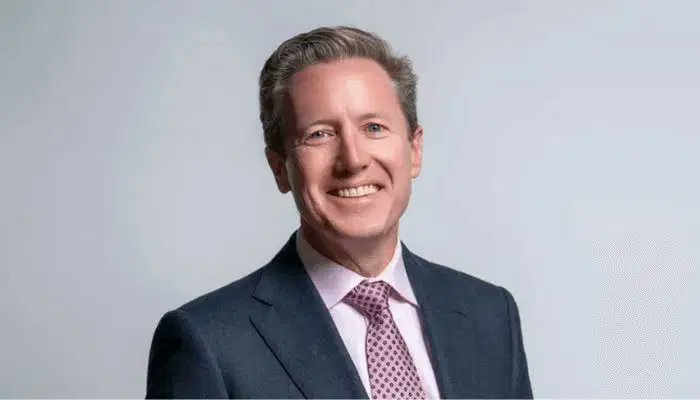
The Dangote Group has appointed David Bird as Chief Executive Officer of its fuels and petrochemicals division, signalling a major leadership shift as the conglomerate intensifies efforts to expand its influence across Africa’s refining landscape. Bird, a seasoned industry professional and former head of Oman’s Duqm refinery, assumed the role in July 2025.
This development comes as the Dangote Refinery in Lagos, a \$20 billion facility and the world’s largest single-train refinery, continues its phased ramp-up after its January 2024 commissioning. Aliko Dangote remains chairman of the refining business and CEO of the broader group, which also has interests in cement, fertiliser, and sugar.
Bird’s track record includes steering the Duqm refinery through complex operational phases, and he is expected to apply that experience to address ongoing challenges at Dangote. These include design flaws, operational upsets, and feedstock supply inconsistencies. His strategic approach focuses on trading-led efficiency, crude slate diversification, and maximising refinery output.
Speaking to S\&P Global’s Platts and via a LinkedIn post, Bird stated his ambition to enhance operational efficiency while expanding the group’s presence across Africa. His appointment comes amid ongoing production challenges at the Lagos refinery, which was Nigeria’s only functional refining facility as of July, exporting an estimated 220,000 barrels per day, mainly jet fuel, gasoil, and residual fuel.
Operational efficiency has been hampered by issues such as limited RFCC (residual fluid catalytic cracker) capacity, while Nigeria’s challenging regulatory environment continues to pose hurdles. Despite the end of the official petrol subsidy, market distortions and rent-seeking persist, according to analysts. Dangote has previously criticised the importation of poor-quality fuels and regulatory inconsistencies that affect the refinery’s economic viability.
A unique constraint is the naira-denominated crude supply agreement with the Nigerian National Petroleum Company (NNPC), which holds a 7.2 percent equity in the refinery. This arrangement obligates Dangote to supply fixed volumes of refined products locally, reducing the plant’s ability to respond to global market trends and feedstock availability.
In response, the refinery has begun processing a wider variety of crude grades than originally intended. This flexibility aligns with Bird’s expertise in managing diverse crude inputs, as he did at the Duqm refinery. Meanwhile, Dangote Group is expanding infrastructure to support exports and domestic delivery. Plans include increasing refining capacity from 650,000 to 700,000 barrels per day, developing port logistics, and building foreign storage facilities in Namibia and other African countries.
Starting in August, the company will launch its own distribution network using 4,000 compressed natural gas (CNG)-powered trucks. This initiative is expected to reduce dependence on third-party transporters and improve control over fuel distribution within Nigeria.
The refinery’s long-term strategy also includes a public listing. Aliko Dangote reaffirmed in July 2025 that the company is progressing toward dual listings on the Lagos and London stock exchanges, aiming to attract international investment and enhance corporate transparency.
Industry watchers see Bird’s appointment as a calculated move to stabilise operations and build investor confidence ahead of the IPO. His success at OQ8 has positioned him as a capable leader for this transition. However, analysts caution that swift action is needed to overcome lingering mechanical and regulatory bottlenecks.
Bird’s leadership marks a critical chapter in Dangote Group’s refining ambitions. As the company works to reduce Africa’s dependency on imported fuels and establish itself as a continental powerhouse, the challenges are formidable—but so is the potential for transformation. Source : https://www.google.com/amp/s/businessday.ng/








